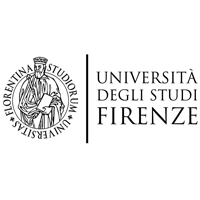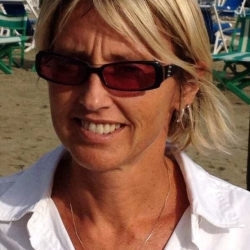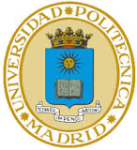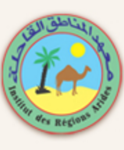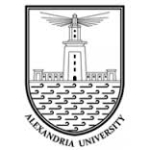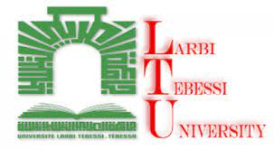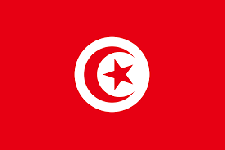ABOUT US




The project Advancing non conventional water management for innovative climate-resilient water governance in the Mediterranean Area (AG-WaMED) aims at providing innovative, evidence-based participatory management solutions to water scarcity governance that can be scaled at the Mediterranean level. In particular, the project will tackle the problem of water scarcity by including Non Conventional Waters (NCW) (wastewater, runoff water harvesting, desalination) among the available resources to be included in water governance policies. The project will reach its envisioned objectives through a transdisciplinary approach, integrating the state of the art of land, water and agronomic modelling to support evidence-based water management in four Living Labs (LLs) located in Mediterranean watersheds (including a transboundary case). A participatory modelling suite will allow the co-definition and co-evaluation of different water allocation scenarios for improving water governance in each LL, taking into account the decisive impact of NCW use to ensure climate-resilient strategies under a climate change vision. A flexible yet comprehensive socio-economic approach procedure will enable the evaluation of such scenarios and will trigger a feedback mechanism to generate an adaptive learning environment in the AG-WaMED LLs. The full process will inform new water allocation models and will produce an innovative framework for improving water governance and for reducing conflicts in water-stressed contexts of the Mediterranean.
